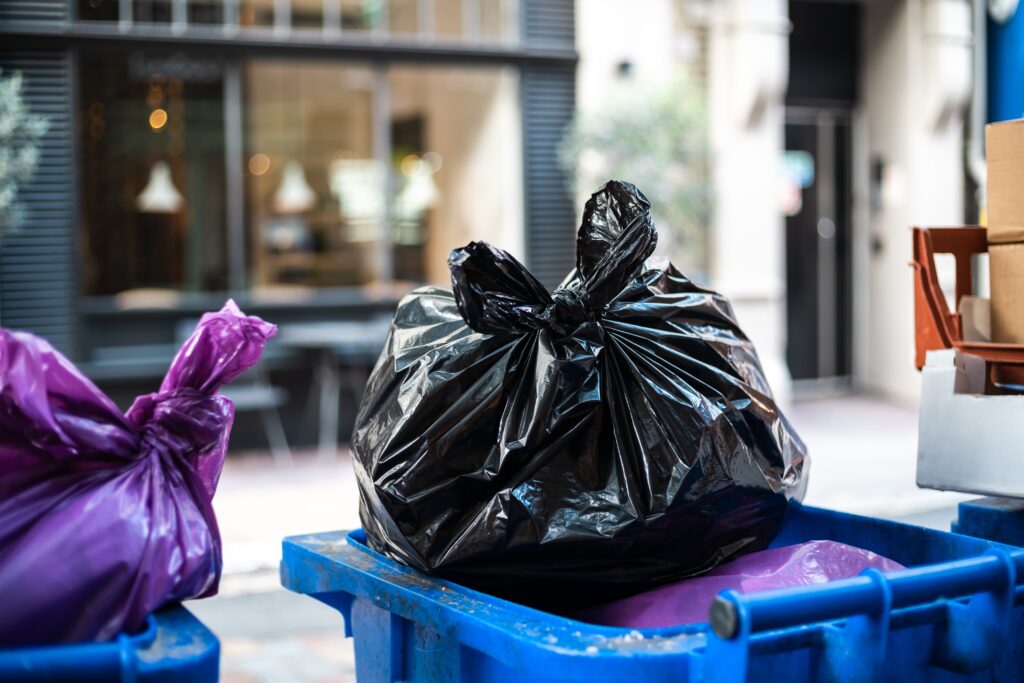Plastic packaging bags play a crucial role in various industries, from retail to food and beyond. They are versatile, durable, and offer excellent protection for products. Whether you are a business owner looking for the right packaging solution or a consumer interested in understanding the different types available, this ultimate guide will provide you with valuable insights. By the end of this article, you will have a comprehensive understanding of plastic packaging bags, their uses, and how to choose the right ones for your needs.
Choosing the Right Packaging Bags
Selecting the right packaging bags is essential for several reasons. First and foremost, the right bags ensure that your products are well protected during storage, transportation, and display. A poor choice of packaging can result in damaged goods, leading to financial losses and a negative impact on your brand reputation. Additionally, the right packaging bags can also enhance the visual appeal of your products, attracting customers and increasing sales. With so many options available on the market, it is crucial to understand the different types of plastic packaging bags to make an informed decision.
The Different Types of Plastic Packaging Bags
Poly Bags: An Overview
Poly bags, also known as polyethylene bags, are the most common type of plastic packaging bags. They are made from polyethylene, a lightweight, durable, and flexible material. Poly bags come in various sizes, shapes, and thicknesses, making them suitable for a wide range of applications. These bags are widely used in industries such as retail, e-commerce, and manufacturing. They are ideal for packaging products such as clothing, toys, electronics, and more. Poly bags can be transparent, opaque, or coloured, depending on the specific requirements of the product being packaged.
Exploring the Uses of Polyprop Bags
Polyprop bags, short for polypropylene bags, are another popular type of plastic packaging bags. They are made from polypropylene, a thermoplastic polymer known for its strength, flexibility, and resistance to moisture. Polyprop bags are commonly used in industries that require a higher level of protection, such as pharmaceuticals, agriculture, and chemicals. These bags are ideal for packaging items like grains, fertilisers, chemicals, and pharmaceutical products. Polyprop bags are available in various sizes and can be customised with features like tamper-evident seals, resealable closures, and more.
Benefits of Using Polypropylene Bags for Packaging
Polypropylene bags offer several benefits that make them a preferred choice for many businesses. Firstly, they have excellent strength and durability, ensuring that products are well-protected during transportation and storage. The material’s resistance to moisture and chemicals makes polyprop bags suitable for products that require a high level of protection. Additionally, polypropylene bags are lightweight, which helps reduce shipping costs. They are also recyclable, making them a more sustainable option compared to other types of plastic packaging bags.
Finding Reliable Plastic Bag Manufacturers
Choosing the right plastic bag manufacturer is crucial to ensure the quality and reliability of your packaging bags. When searching for a manufacturer, consider factors such as experience, reputation, and certifications. Look for manufacturers with a proven track record in producing high-quality plastic bags. It is also important to ensure that the manufacturer complies with industry standards and regulations. Reading customer reviews and testimonials can provide valuable insights into the manufacturer’s reputation and customer satisfaction. Additionally, consider reaching out to the manufacturer directly to discuss your specific requirements and assess their responsiveness and willingness to meet your needs.
Tips for Choosing the Right Packaging Bags for Your Business
Selecting the right packaging bags for your business requires careful consideration of several factors. Firstly, assess the specific requirements of your products, such as size, shape, and fragility. This will help determine the appropriate bag material, thickness, and features required. Consider the level of protection needed for your products, whether it be from moisture, UV light, or tampering. Additionally, evaluate your budget and production volume to ensure that the chosen packaging bags are cost-effective and scalable. Finally, consider the environmental impact of the packaging bags and explore sustainable options to align with your business’s values and customer preferences.
Sustainable Options in Plastic Packaging
In recent years, there has been a growing demand for sustainable packaging solutions. While plastic packaging bags have faced criticism for their environmental impact, it is worth noting that advancements have been made in developing more sustainable options. Look for manufacturers that offer eco-friendly alternatives, such as biodegradable or compostable plastic bags made from plant-based materials. Additionally, consider implementing recycling programs to ensure that the plastic packaging bags are properly disposed of and recycled after use. By choosing sustainable packaging options, you can reduce your business’s carbon footprint and meet the increasing consumer demand for environmentally friendly practices.
Key Takeaway
Choosing the right plastic packaging bags is crucial for protecting your products, enhancing their visual appeal, and aligning with your business values. By understanding the different types of plastic bags available, such as poly bags and polyprop bags, you can make an informed decision based on your specific requirements. Consider factors such as durability, flexibility, resistance to moisture and chemicals, and sustainability when selecting a plastic bag manufacturer. By following these tips and exploring sustainable options, you can ensure that your packaging meets the highest standards while minimising your environmental impact. Make the right choices for your packaging needs, and your business will reap the benefits of efficient and effective product packaging.

